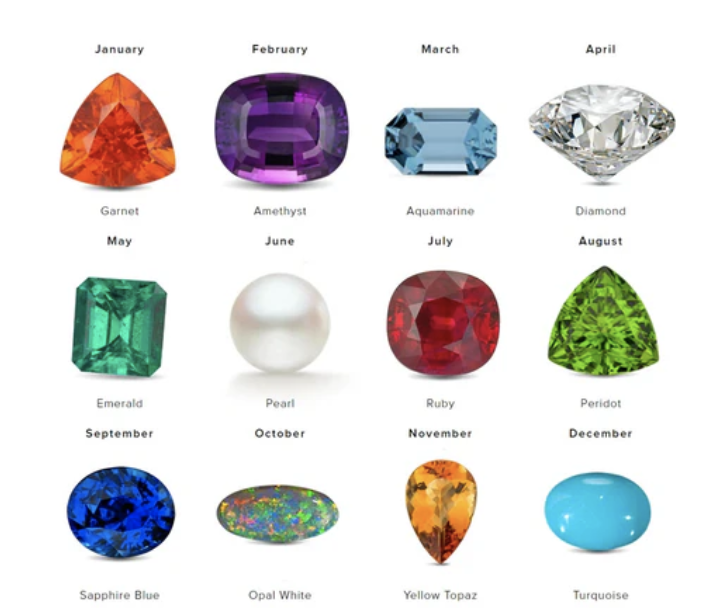How to Actually Study

Giving your brain breaks is the best thing you can do for yourself when studying.
June 3, 2023
From what I’ve seen and the people I’ve talked to, most people’s study habits are atrocious. They aren’t productive, they barely work, and they aren’t healthy. I used to practice these habits, but then after reading literally one article from the New York Times about studying, I completely changed the way I operate. And now I’m healthier, happier, and getting better scores. I’m going to give you 6 tips that will completely transform your life and productivity.
- Get sleep
If you take anything away from this article, let it be this one. Without sleep, everything you may have accomplished or learned that day won’t matter because sleep is how people retain information. During sleep, our brains organize what we learned during the day into folders. One folder is “trash” and the other folder is “keep”. If your brain skips this step, your mind will overflow with things you learned that day, and when your brain is overflowing, it physically can’t sift through the information to pull out that crucial math formula or remember that really helpful DBQ strategy. There’s simply too much information. It’s 10 times better to go to sleep at 10 pm with no studying done than to go to bed at 3 am after studying for four hours because that studying will have been pointless. But with a good night’s rest, you’ll at least be able to reason through questions instead of falling asleep and struggling to recall even the most basic formulas.
- Use active recall
Active recall is a technique used by every single medical school and law school student. It involves actively recalling information from memory, rather than reviewing it passively. This method is what got me through AP European History. The best way to use this method is to review the material and really let it soak in. You can write it out again or come up with memory tricks. Then, give your brain 10 minutes to make connections to the material and understand it in a way that’s easiest for you. Next, think back to your notes and take practice quizzes, write summaries of what you remember on a blank sheet of paper, or lecture the concept using no notes. Actively engaging with the material is really helpful to your brain because it allows the material to soak in and make connections. This way you are way more likely to retain the information and be able to recall it later. It also cuts studying time way down and relieves your anxiety because you’ll see that you’re able to easily recall the information at home and are more likely than not to do the same thing on the test. “I only study using active recall and it’s really come in handy with AP exams” (Lauren Jo 11).
3. Break up your study sessions
There is no point in studying for six hours straight. No matter how productive you think you’re being, your brain is tired and needs time to connect to the material and consolidate information. This is why methods like Pomodoro are so popular and used by medical students. This will also help keep you motivated and engaged. Knowing you only have to study for 25 minutes is way more approachable to your brain than telling yourself you’re going to study for five hours with no break. That’s why a lot of people procrastinate and have a hard time starting their homework.
- Use space repetition
Spaced repetition is another technique that is really proactive for retaining material. It involves spacing out your study sessions over time, rather than cramming all the information into one session. This will relieve anxiety and free up time after school for other things. Once again, telling yourself to review material for 20 minutes a day for a week following up to the test is extremely doable as opposed to trying to pull an all-nighter the night before the test. You’ll find yourself performing a lot better and with a lot less anxiety when using space repetition.
It’s in your best interest to give these methods a try as it can make the difference between an A and a B on an exam. Good luck studying!




































